It’s a
Wabi-sabi World
for me these days. In a strange conjunction of coincidence, the topic for this week in my online photography class is Wabi-Sabi. And I’m reading a book that dovetails beautifully with that concept.
So I am practicing finding perfection in imperfection, whether it is in nature or in human-made objects.
There’s no doubt that we live in an imperfect world filled with racism, judgment, disrespect of nature, violence and more. Still in other ways I find it a perfect world, or at least I am practicing seeing it’s perfect imperfections. With varying degrees of success, I am following a way of attempting to live in deep relationship with what is.
For some time I have been wrestling with my feelings about climate change and fighting despair for my children and grandchildren who will likely have their lives changed deeply because of it. Caught between wanting to make a difference and not knowing how to create systemic change that will make a difference, I realized recently that perhaps I will not make any kind of appreciable difference. We may have already reached the climate tipping point. Or we may not have. No one knows for sure. All I know is that we can see the devastation that climate change is wreaking on our world everywhere if we choose to look for it.
So I make small changes, try to learn all I can, and work on allowing myself to see the Full Catastrophe that we (collective humanity) have created. And I remind myself that I cannot know what will actually happen. Perhaps everything is proceeding as it must. Though I believe it important to continue to do what I can, I leave a door open for life to surprise me
The new book I’m reading is related to climate change (when am I not reading a new book???). It’s called Radical Joy For Hard Times: Finding Meaning and Making Beauty in Earth’s Broken Places. In it author, Trebbe Johnson, speaks of finding beauty in broken places.
In the past year I’ve started and abandoned many books on climate change because they were too overwhelming, or I did not feel they addressed how I personally could make a difference. This book is giving me a way to be true to who I am and to enter into relationship with the reality of this time on earth.
Story Telling and Finding Meaning
Johnson invites me to simply sit with my feelings of discouragement and sorrow. And she offers tools for finding meaning and community even in our broken places. She tells stories that resonate with me and shows that wabi-sabi can be found, even in the most broken environments (though she doesn’t use the word wabi-sabi).
Many years ago Johnson and other environmental activists intentionally spent five days sitting in a clear-cut forest, observing the land and their reactions to it. Once they settled in and started paying attention the place began to reveal itself to them. She speaks of wanting the situation to be clear-cut and unequivocal, but discovering beauty despite the devastation that had been wrought.
The way to survive, I’m convinced, is to keep zealously grabbing and giving as much beauty as I can. That’s especially important in times of sadness and places of ugliness. I also have to stay aware of how the beautiful and “pristine” is not entirely so. Even protected wilderness areas harbor fungus, rot, muck, and animal bodies not entirely eaten. It takes guts to try to absorb the whole of a thing. It takes gazing at what I don’t want to see and, after it’s knocked me breathless, it takes relaxing into that bleakness long enough to discover beauty, resilience, and determination there. Contradictions abound, and freedom lies in not having to choose.”
Trebbe Johnson, Radical Joy for Hard Times
When we allow ourselves to approach and experience our loss, we also find unexpected beauty remains. This is my task—finding and showing as much beauty as I can.
Warriorship is so tender, without skin, without tissue, naked and raw. It is soft and gentle. You have renounced putting on a new suit of armor. You have renounced growing a thick, hard skin. You are willing to expose naked flesh, bone and marrow to the world.
To be a good warrior one has to feel sad and lonely but rich and resourceful at the same time. This makes the warrior sensitive to every aspect of phenomena: to sights sounds and feelings. In that sense the warrior is also an artist, appreciating whatever goes on in the world.
– Pema Chodren
What do you see of wabi-sabi in your life today? Can you embrace the fullness of it, even if it hurts? And can you still find beauty even in the midst of devastation?
May you walk in beauty. May you discover the wabi-sabi in your world.
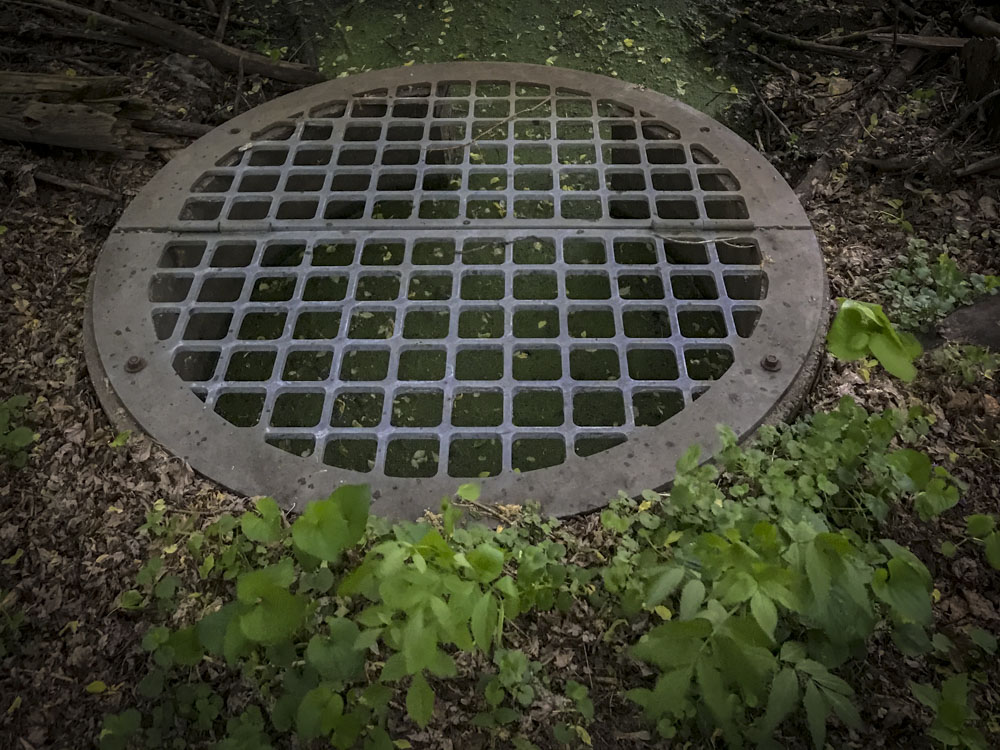
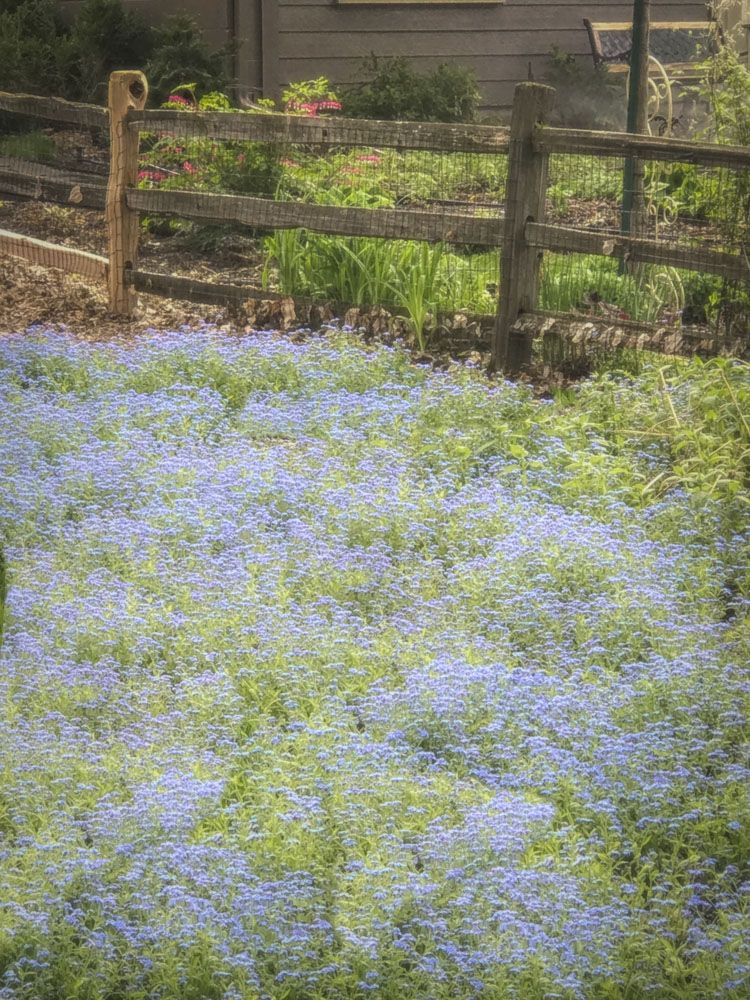
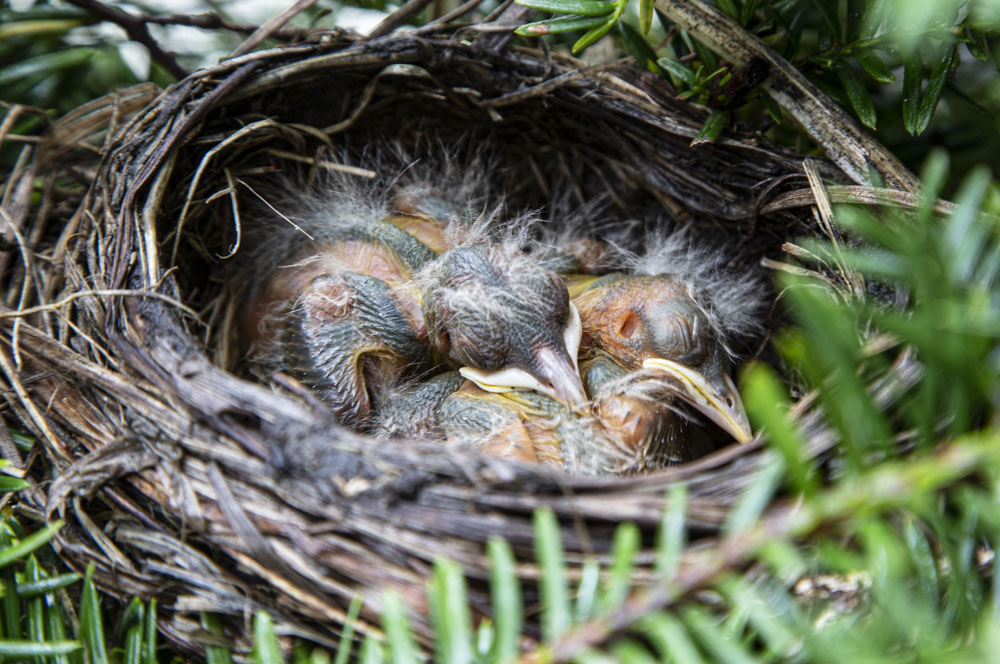
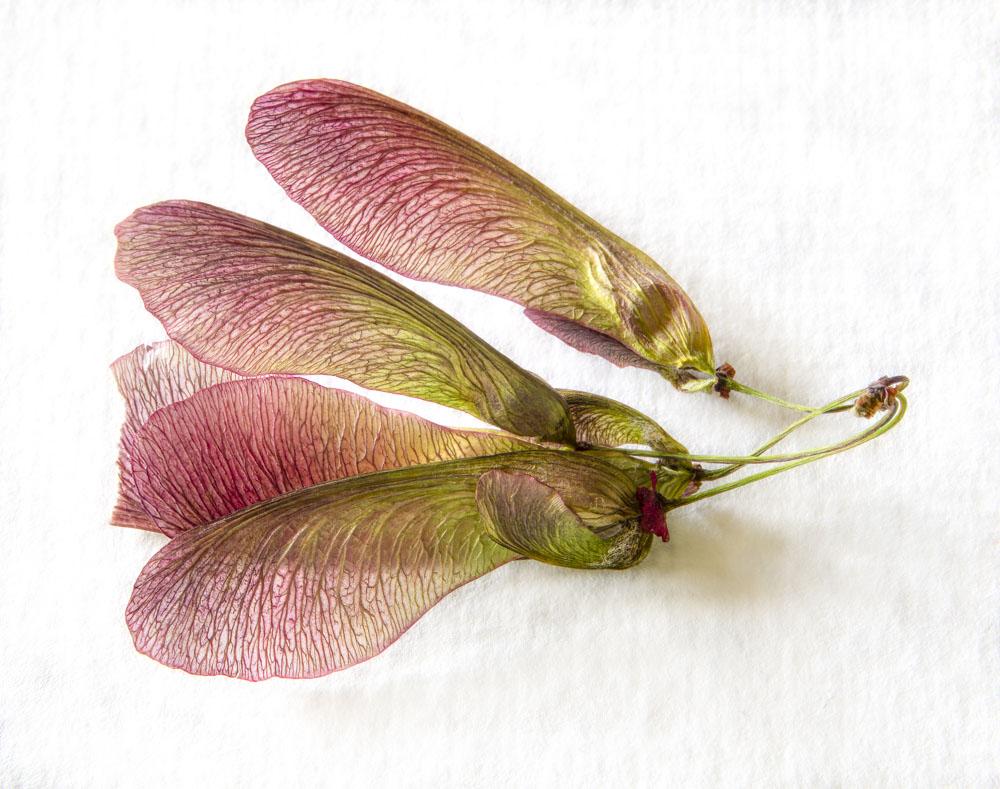
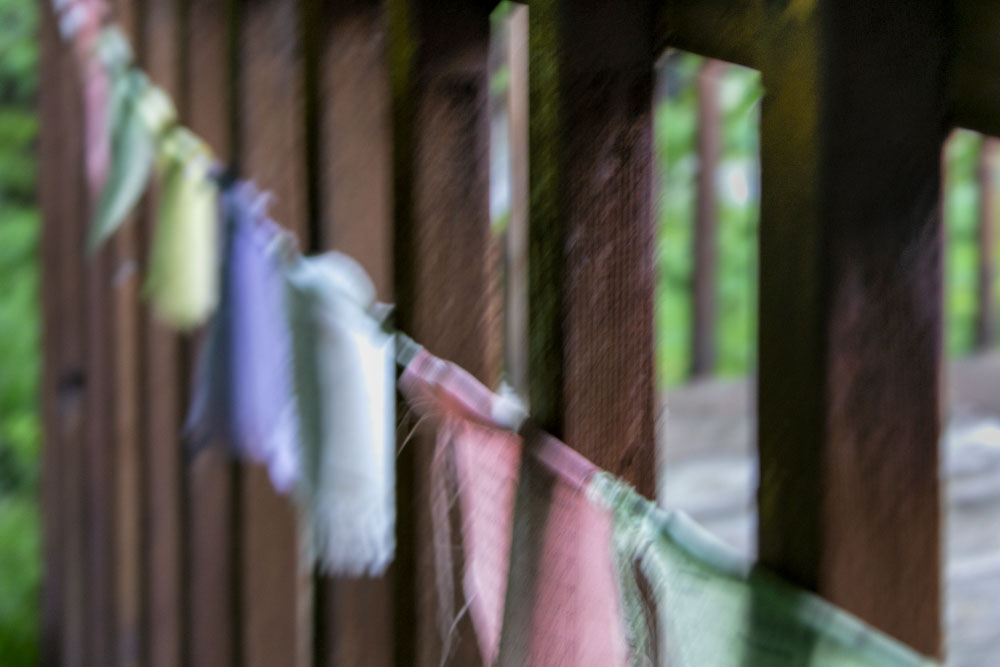
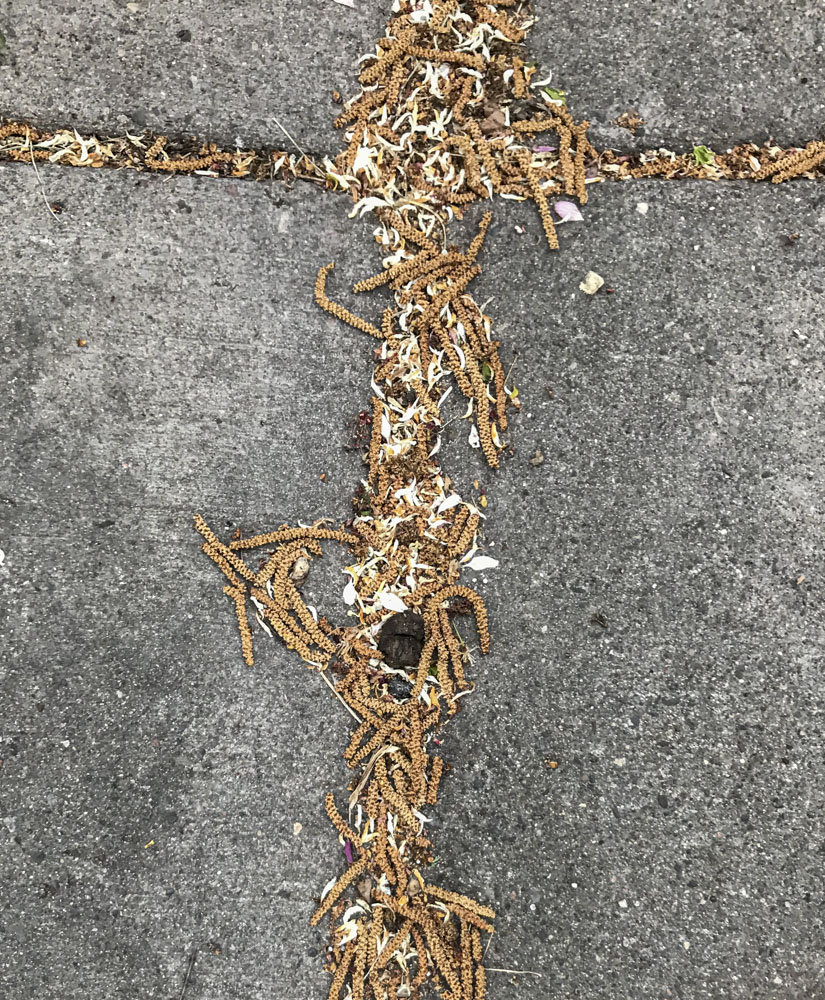
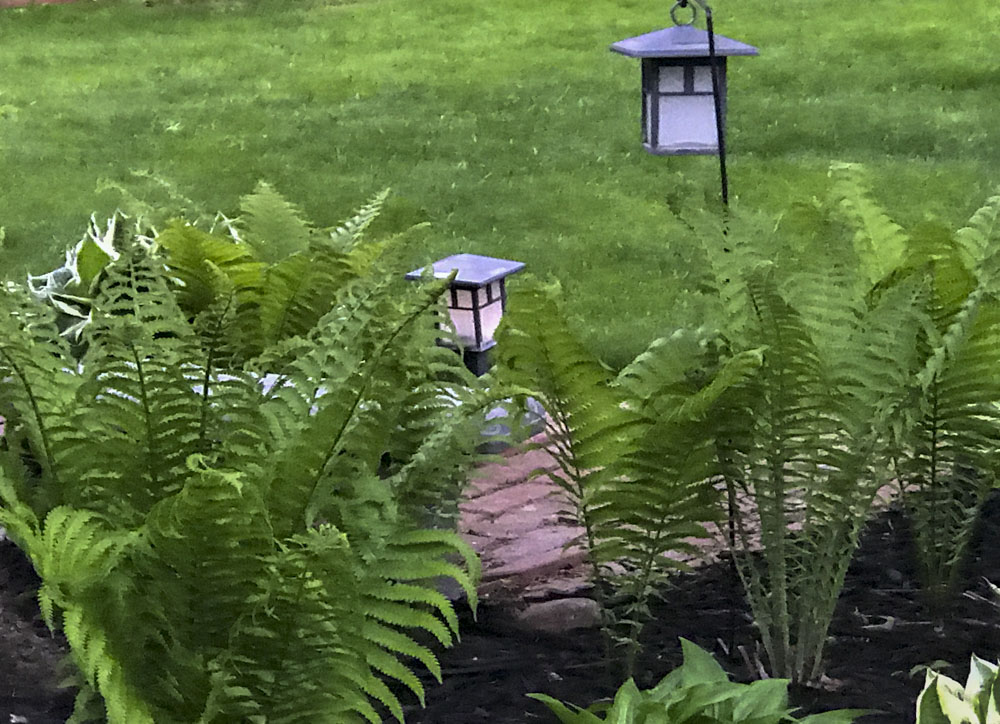
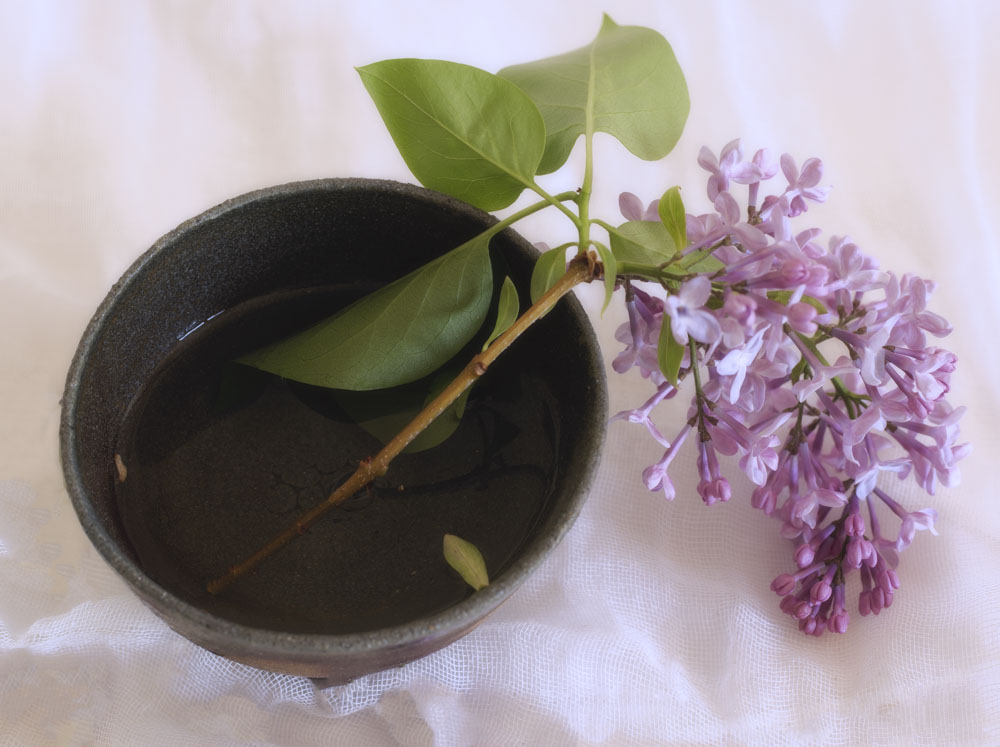
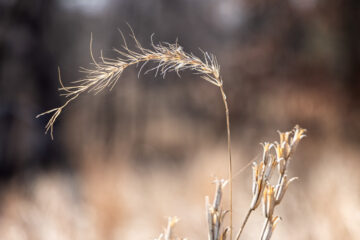
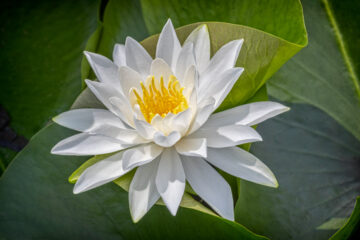
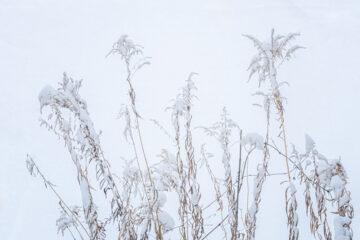
0 Comments